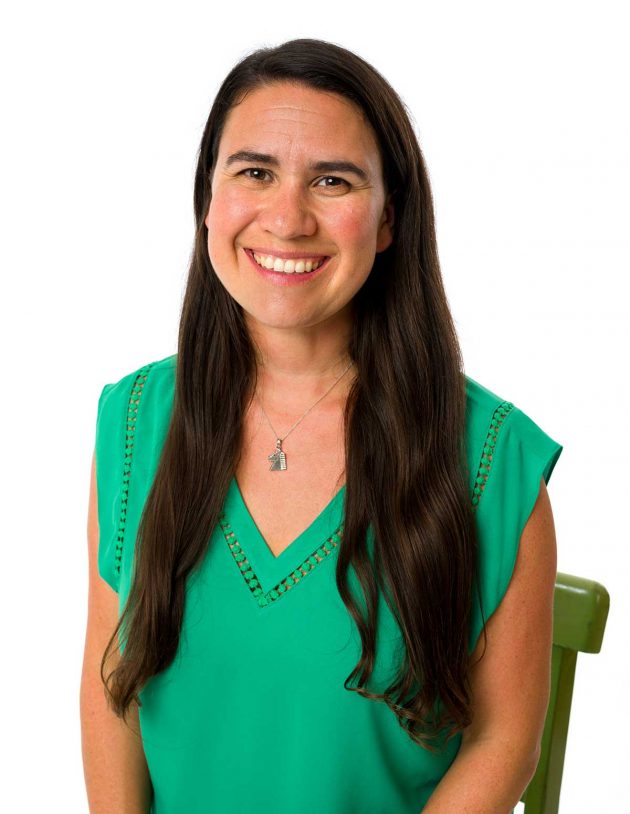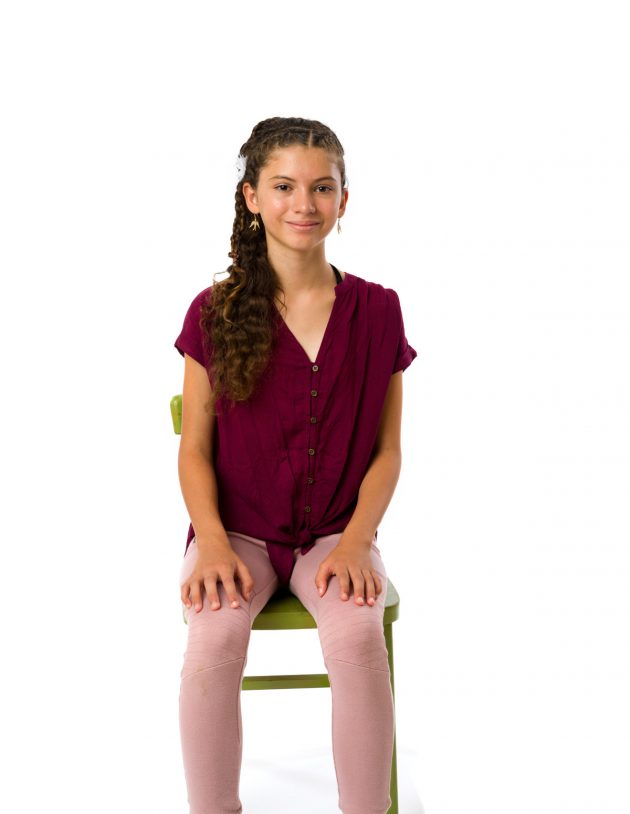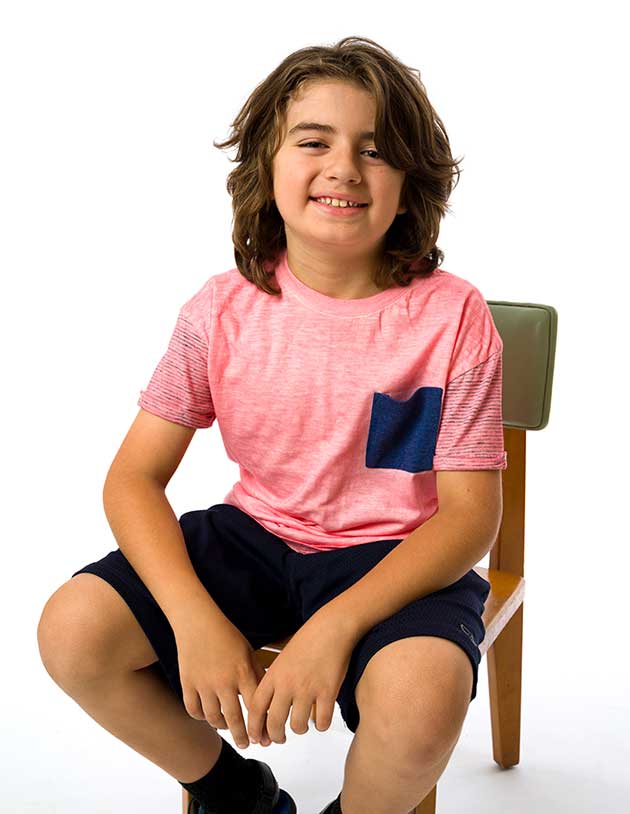A couple of weeks ago I had the tremendous good fortune to spend my time with about 90 educators of educators. This inspiring community is made up of people who care deeply about our children, and also care deeply about our teachers. They came together at the Garrison Institute to share, explore, question, and create in their quest to bring the transformative capacity of contemplative practice to our schools in a sustainable and integrated way.
 I’ve participated in many conferences and symposia addressing this topic before, but this was a unique experience. Adi Flesher and the leadership team at Garrison did a tremendous job of curating the weekend to be truly inclusive of the wide range of experience and expertise among the attendees, including some of the leaders in the school yoga movement, Traci Childress, Andrea Hyde and Edi Pasalis. There were many opportunities to get to know and learn from the other participants, through guided dialogue, case study analysis in small groups, and the use of a home group structure where everyone connected with the same small group of people several times throughout the weekend. In addition, the few plenary presenters that were there made themselves extremely accessible throughout the weekend, answering questions, providing support, and generally just being part of the community.
I’ve participated in many conferences and symposia addressing this topic before, but this was a unique experience. Adi Flesher and the leadership team at Garrison did a tremendous job of curating the weekend to be truly inclusive of the wide range of experience and expertise among the attendees, including some of the leaders in the school yoga movement, Traci Childress, Andrea Hyde and Edi Pasalis. There were many opportunities to get to know and learn from the other participants, through guided dialogue, case study analysis in small groups, and the use of a home group structure where everyone connected with the same small group of people several times throughout the weekend. In addition, the few plenary presenters that were there made themselves extremely accessible throughout the weekend, answering questions, providing support, and generally just being part of the community.
Contributing to the unique feeling of the weekend was that this gathering was created specifically for educators of educators, and included those working in university settings and many who offer professional development to teachers. In a field where we are so often focused on the kids, it was really nice to be able to dedicate complete attention to what teachers need, and it definitely created space for some interesting ideas and exchanges.
In addition to the sheer inspiration boost, here are some of the messages I took away from the Garrison Institute with me. Most of them aren’t new ideas, but after time spent with people that I respect and admire, they are ideas that feel newly fresh and I’m re-committing myself to putting them into practice:
Personal practice is at the heart of good teaching. Not just the teaching of contemplative practice, but all teaching.
Teaching is a daily challenge, and requires a tremendous amount of mindful awareness of our own emotions, habits and reflexes in order to be done in the most skillful way possible. Contemplative practices such as yoga and meditation create the capacity to notice what is arising for us in challenging teaching moments, recognize the situation for what it is, and respond thoughtfully rather then impulsively. The kids benefit from this even if they never learn any contemplative practices themselves. Understanding why yoga (or any other contemplative practice) works isn’t the same as actually practicing, and allowing the practice to become your normal operating mode. If we can offer these practices to teachers in a way that is accessible, we can reduce burnout and help educators reclaim the joy and sense of meaning that they originally signed up for.
Integrating practices into the whole school community is the best way to go, and it is possible!
While it’s no surprise that the most effective way to bring contemplative practices to kids is by involving the entire community, including teachers and parents, it is often a very tough goal! Hearing from those who are doing this successfully was reassuring. I think serving anyone is valuable, and would never want to stop serving the kids just because we couldn’t also serve teachers and parents, but there is no way to deny the power of a unified adult culture and a sea of role models for our kids.
Mindful classroom management is crazy important.
When kids are learning contemplative practices at school, and then teachers are not implementing these practices into their communication and behavior management with their kids, it’s confusing. It undermines the validity of the work and fragments their experience. See item number 1!
Collaboration provides tremendous opportunity.
There are many organizations doing a really good job serving students, or teachers, or parents. There are great organizations providing social and emotional learning programs, but without contemplative practices. There are great organizations offering contemplative practices. Collaboration is a powerful force, and sometimes its better to do one thing really well, and partner with someone else, then to try to do everything yourself.
Teaching should be joyful.
Yes, teaching is hard. Teaching can be frustrating and overwhelming, and the pressure is tremendous, but ultimately, we can help our educators reclaim joy in their work. And when the educators reclaim joy, that joy shines onto our kids, and out into our communities, and makes the world better. And isn’t that the whole point?



















